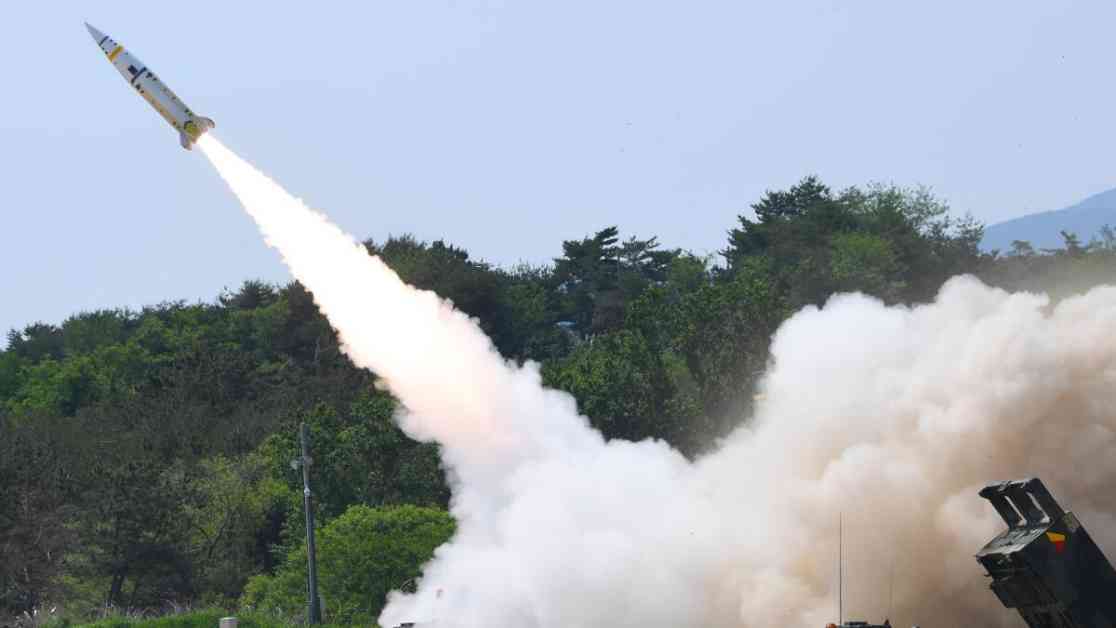The recent revelation that the U.S. Department of Energy has designated South Korea as a “sensitive country” has sent shockwaves through the nation, leaving officials scrambling for answers. This unexpected label, typically reserved for countries posing a threat to national security or nuclear nonproliferation, has raised concerns and sparked a flurry of speculation.
Unveiling the Sensitive Country Designation
During a parliamentary session on March 11, Foreign Minister Cho Tae-yul disclosed that the South Korean government had been caught off guard by this designation, learning about it through unofficial channels after local media reports surfaced. The Department of Energy’s Sensitive Country List, monitored by its counterintelligence unit, includes nuclear states like India and Russia, as well as countries associated with terrorism, such as North Korea and Iran. South Korea’s impending addition to this list, set to be finalized by April 15, has stirred unease and uncertainty among policymakers.
In a statement to The Times, a Department of Energy spokesperson confirmed that this change was implemented by the previous Biden administration in January. However, no specific reason was provided for this decision. The spokesperson emphasized that being on the Sensitive Country List does not indicate an adversarial relationship with the U.S. and clarified that South Korea was classified as an “Other Designated Country,” the lowest category on the list. Despite this designation, Americans and Department of Energy personnel are not prohibited from engaging in scientific or technical collaborations with listed countries.
On Monday, Cho suggested that the designation might have been prompted by a security-related incident at a Department of Energy research facility. An audit report submitted to Congress revealed that a contractor was terminated for attempting to transport proprietary nuclear reactor design software to South Korea. Despite this explanation, the unexpected categorization of a longstanding U.S. ally like South Korea alongside nations like China and North Korea has sparked concerns about the implications for the U.S.-South Korea alliance.
Implications and Speculations
Experts in nonproliferation have linked this decision to the U.S. government’s apprehension about growing discussions in South Korea regarding nuclear armament. Although South Korea has been a party to the Nuclear Non-Proliferation Treaty since the 1970s, talks of developing its own nuclear capabilities have gained traction, particularly following remarks made by former President Trump during his term. His comments regarding South Korea’s financial contributions to the U.S. defense and the possibility of troop withdrawal have fueled debates about self-reliance in security matters.
Former Assistant Secretary of State Tom Countryman emphasized the seriousness with which U.S. officials view these discussions in South Korea. Given South Korea’s past history of covert nuclear programs and ongoing efforts to obtain U.S. approval for spent fuel reprocessing, the Sensitive Country designation carries weighty implications. The intricate relationship between the two countries in civil nuclear energy cooperation and technological advancements adds layers of complexity to this evolving situation.
The designation’s potential impact on technological exchanges between the U.S. and South Korea, particularly in nuclear energy, artificial intelligence, and quantum computing, raises concerns about research collaborations and future projects. Restrictions on researchers traveling to the U.S. or participating in sensitive projects could dampen innovation and scientific advancements in key sectors. The looming specter of limitations on South Korea’s nuclear exports, patent issues, and intellectual property disputes underscores the broader implications of this designation.
In conclusion, the designation of South Korea as a “sensitive country” by the U.S. Department of Energy heralds a new chapter in the evolving dynamics of international relations and nuclear nonproliferation efforts. The ramifications of this decision extend beyond diplomatic channels, impacting scientific collaborations, technological advancements, and strategic partnerships between nations. As South Korea navigates the complexities of this designation, the global community watches closely, aware of the far-reaching consequences on regional stability and security.














